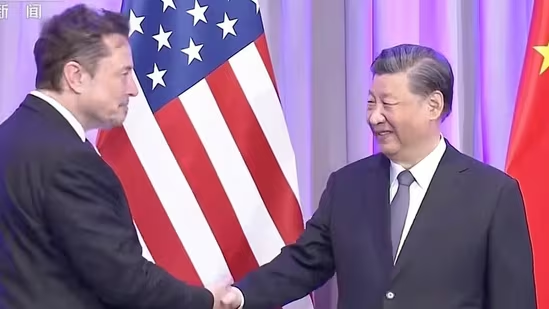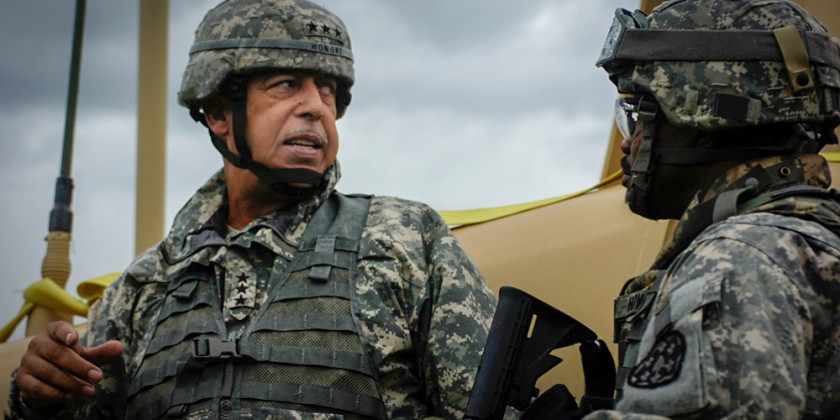Already a subscriber? Make sure to log into your account before viewing this content. You can access your account by hitting the “login” button on the top right corner. Still unable to see the content after signing in? Make sure your card on file is up-to-date.
A former top US military official has warned that Elon Musk may pose a significant national security risk due to his extensive business ties with US adversaries.
Getting into it: In an op-ed written by retired Lt. Gen. Russel Honoré for The New York Times, the former US Army general expressed serious concerns about Elon Musk’s potential ties to China and Russia. Honoré spotlighted Musk’s extensive business dealings in China, including a $1.4 billion loan from Chinese state-controlled banks to build Tesla’s Shanghai gigafactory, which now accounts for a significant portion of Tesla’s global output. He also brought up a Chinese law that requires companies operating in the country to provide intelligence to the Communist Party upon request, raising concerns that Musk’s proximity to sensitive US government projects through his companies, like SpaceX, could lead to the inadvertent transfer of classified information.

He also criticized Musk’s public praise of the Chinese government, including his suggestion that Taiwan become a “special administrative zone” of China, which aligns with Beijing’s interests. Honoré also pointed to Musk’s reported communications with Russian President Vladimir Putin and other Russian officials, which have prompted federal reviews over possible violations of national security rules. These actions, combined with SpaceX’s near-monopoly on US rocket launches and Musk’s significant influence on US policies, led Honoré to warn that such entanglements could compromise America’s strategic interests.

This all comes as a growing number of Democratic senators and military officials have raised alarms over Elon Musk’s ties to foreign governments and his significant influence over US government contracts. Senators have called for federal investigations into Musk’s communications with Russian President Vladimir Putin and his extensive business dealings in China, citing concerns over potential national security breaches.
In a letter to Attorney General Merrick Garland and the Pentagon’s inspector general, two Democratic senators requested a review of Musk’s “reliability as a government contractor and a clearance holder.” They also urged the Air Force Secretary to reconsider SpaceX’s dominant role in America’s space infrastructure, warning of the vulnerabilities posed by Musk’s foreign entanglements.






